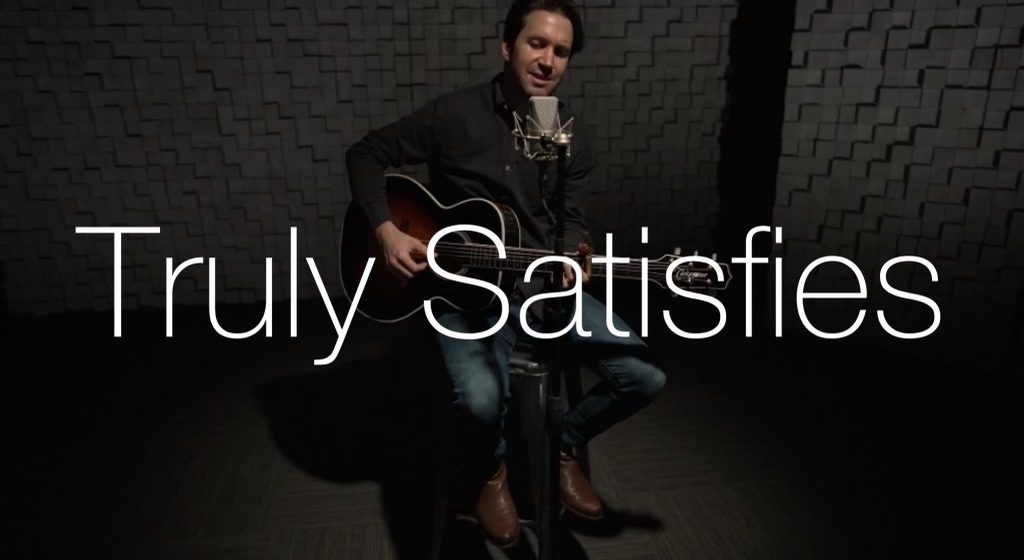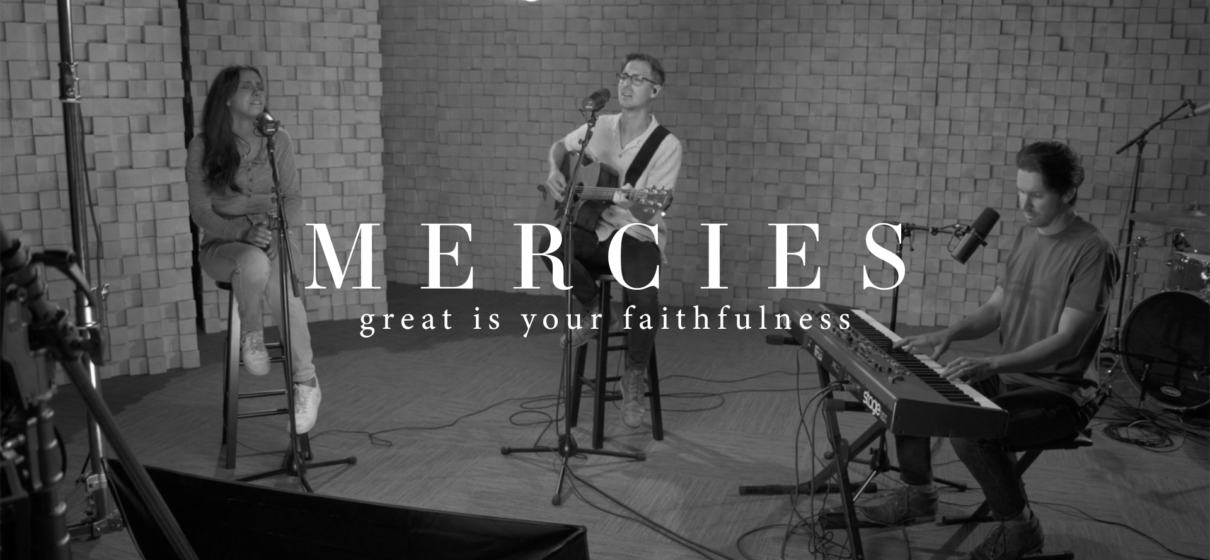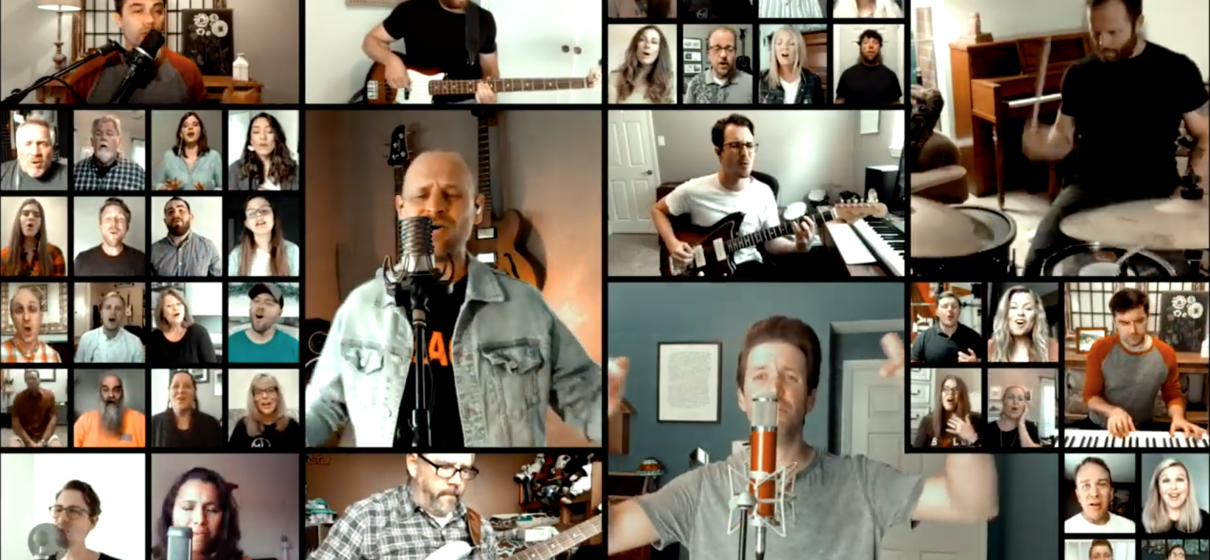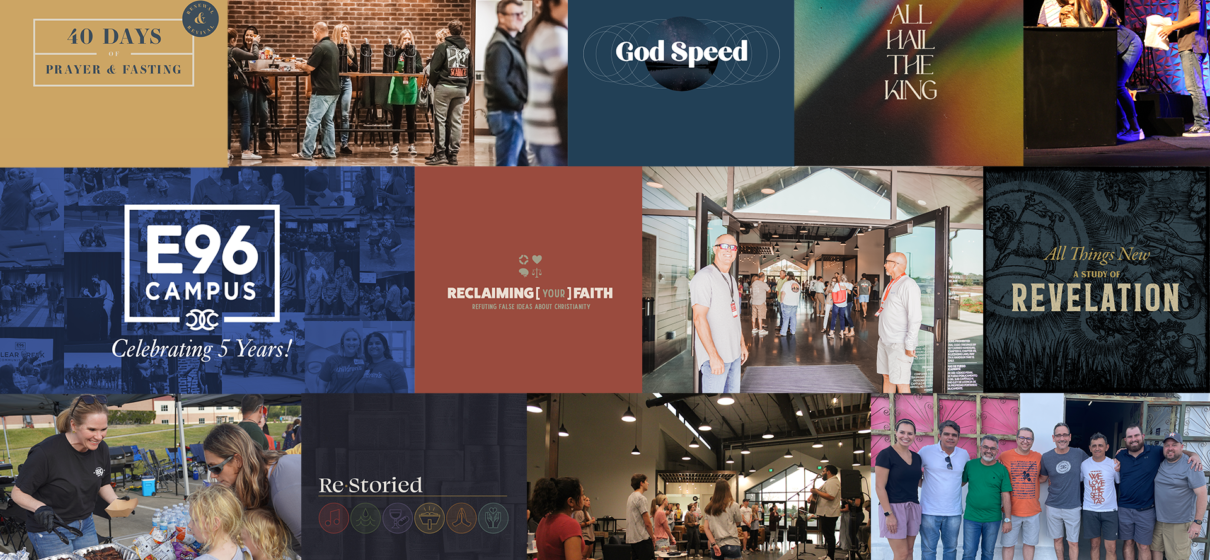Why We Sing (Christmas Edition)
During Christmas of 1914, soldiers huddled together in trenches to keep from freezing all along the western front of World War I.
On one side the Allied troops (the British, Belgians, and French) with the Germans on the other.
Since the war began the summer before, men and women from both sides had witnessed and participated in the bloodiest conflict the world had ever seen. Many soldiers who had survived the horrific living conditions and brutal fighting were left shellshocked, distraught, longing for home, and wishing the war would come to an end.
But on the night of Christmas Eve something miraculous happened.
Albert Moren , a British private, described hearing songs coming from the enemy trenches:
“First the Germans would sing one of their carols and then we would sing one of ours, until when we started up ‘O Come, All Ye Faithful’ the Germans immediately joined in singing the same hymn to the Latin words Adeste Fideles. And I thought, well, this is really a most extraordinary thing — two nations both singing the same carol in the middle of a war.”
By the morning, the Allied and German troops emerged from their respective trenches and, after having agreed to a ceasefire, spent much of Christmas day together.
It’s said that they exchanged gifts, played soccer, ate food together, and commiserated with one another as if they were no longer sworn enemies.
This event has become known as the Christmas Truce of 1914 and to this day there is no other recorded truce in history like it.
Of course, the truce didn’t last forever. The soldiers eventually climbed back into their trenches and the fighting continued.
But this event left a lasting mark on history.
On that bitter cold night in 1914, it was the songs about the birth of Jesus, sung by supposed “enemies,” that reminded those men of that truth and allowed them to lay their weapons down.
Beyond being a story that offers a glimmer of kindness and peace amidst a world that often feels at war with itself, this event reminds us that, more than which side we’ve fought for, we are united by the unshakeable hope that is only found in the advent of Jesus Christ.
The reality for us today is that as followers of Jesus, we know our hope and our identity will always and forever be found in Christ and what he has done for us.
And so, when we gather and sing, we are reminding one another and proclaiming with one voice that death, war, and sin will never divide us into enemy camps; we are leaving our “trenches” and reclaiming our title as the united body of Christ.
So, church family, let’s lay our weapons down at the feet of Jesus our King and worship him well this Christmas season!









 Our Arts Team just released a new recording of Joy to the World!
Our Arts Team just released a new recording of Joy to the World!















